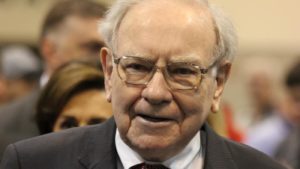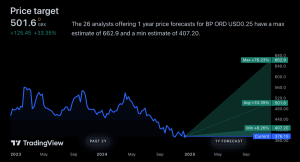Share this page:
Many of us expected the Bank of England to finally raise its base rate this week, for the first time since August 2018. However, the rise didn’t happen. Instead, the central bank voted to keep the base rate at 0.1%, sending the pound tumbling against the dollar and euro.
So should holidaymakers be worried about the strength of the pound? Let’s take a look.
What happened with the base rate?
On 4 November, the Bank of England’s (BoE) Monetary Policy Committee voted by seven members to two to keep the base rate at 0.1%. For many, it was a surprising decision given that the bank had recently signalled that a rate rise was very much on the cards.
Some may have been particularly shocked that the bank’s governor, Andrew Bailey, was one of the members to vote against a hike. Last month, he commented that the central bank would ‘have to act‘ on rising inflation, bracing many for a rise.
The committee next meets on 16 December, though given the recent large majority to hold rates at 0.1%, a rise before the end of the year now seems unlikely.
How has industry reacted to the base rate decision?
A lot of industry reaction has been negative following the BoE’s decision to hold the base rate at its current level.
According to Michael Hewson, chief market analyst at CMC Markets, Thursday’s base rate decision was “a huge own goal for the central bank, already widely distrusted by the markets due to the unreliable boyfriend era of [previous governor] Mark Carney”.
Hewson went on, “What was even more dumbfounding was that having set this hare racing a few weeks ago, Bailey voted to keep rates unchanged as well, with the statement also saying that a rate rise was likely in the coming months.”
As a result, some industry analysts have suggested that many will now be reluctant to take BoE communications seriously going forward.
How did the base rate decision impact the pound to dollar rate?
Immediately following the bank’s announcement, the pound dropped against the dollar. On Thursday morning, a pound was worth $1.37. By midday, its value had dropped to just $1.35. And by Friday morning, it had fallen even further, to $1.34 – a total drop of roughly 1.5%.
The falling pound will come as a blow to a number of holidaymakers planning to visit the US in the coming weeks. On Monday 8 November, the country will open its doors to fully vaccinated British tourists for the first time since March 2020.
How was the pound to euro rate affected?
It’s been a bad week for the pound against the euro too. On Monday, a pound would have bought €1.19. By Thursday morning, it had dropped to €1.18.
Following the surprise base rate decision, the pound dropped further against the euro, to €1.17. And by Friday, it had slumped further, to €1.16. This is a drop of almost 2% since the beginning of the week.
Should holidaymakers worry?
British holidaymakers’ cash won’t go as far following the dip in the value of the pound. Despite this, we’re a long way off a currency crisis.
To put it in perspective, at $1.34 to the pound, this is the lowest rate seen since late September. So while not a disaster, it’s still a long way off the juicy $1.42 rate seen in May.
In terms of the pound to euro rate, at €1.16, this is also the lowest rate since late September. However, it’s well above the €1.12 rate in January, when the pound was very much in the doldrums.
Are you heading away soon? See our guide explaining how you can buy travel money online. Also, see our list of the top-rated travel credit cards to ensure you take the right plastic on your trip.
Looking for a top-notch travel credit card?
Some credit cards can charge foreign transaction fees of up to 3%. To help you sidestep those charges while travelling, we’ve assembled our top-rated travel credit cards that don’t charge you any extra fees when spending abroad.
Was this article helpful?
YesNo
About the author
Karl is a writer specialising in investing and personal finance content. He regularly contributes articles on savings, bank accounts, mortgages, and loans. He was previously a Personal Finance Writer for MoneySavingExpert.
Share this page:
Some offers on The Motley Fool UK site are from our partners — it’s how we make money and keep this site going. But does that impact our ratings? Nope. Our commitment is to you. If a product isn’t any good, our rating will reflect that, or we won’t list it at all. Also, while we aim to feature the best products available, we do not review every product on the market. Learn more here. The statements above are The Motley Fool’s alone and have not been provided or endorsed by bank advertisers. John Mackey, CEO of Whole Foods Market, an Amazon subsidiary, is a member of The Motley Fool’s board of directors. The Motley Fool UK has recommended Barclays, Hargreaves Lansdown, HSBC Holdings, Lloyds Banking Group, Mastercard, and Tesco.
This post was originally published on Motley Fool







